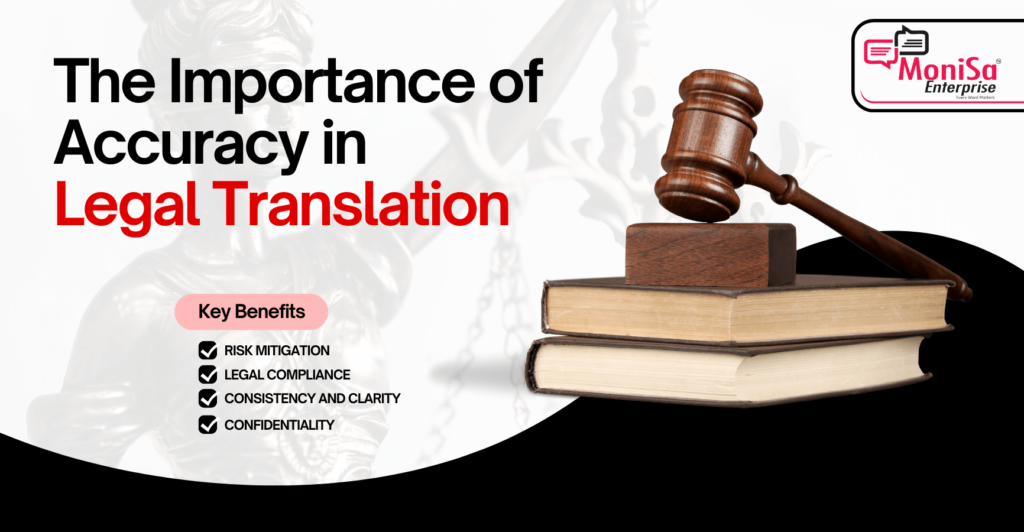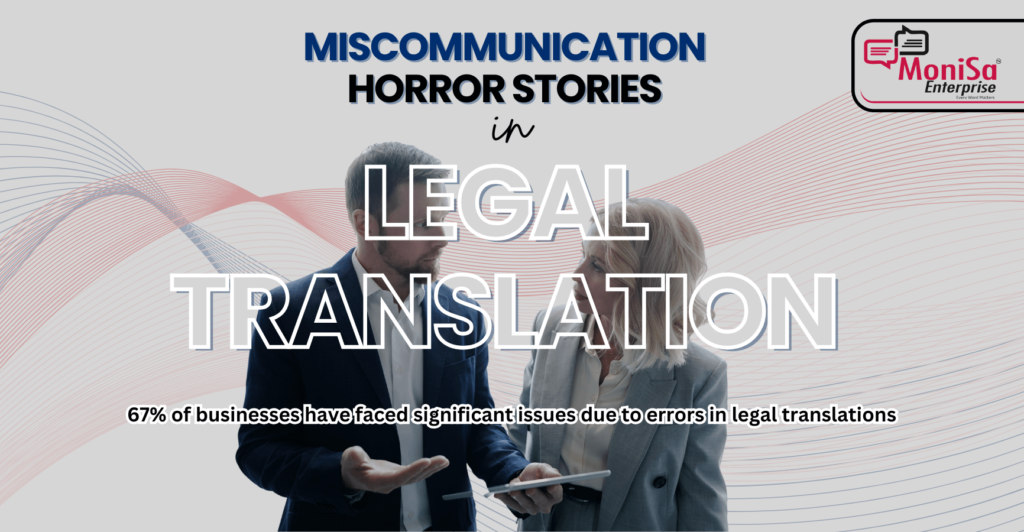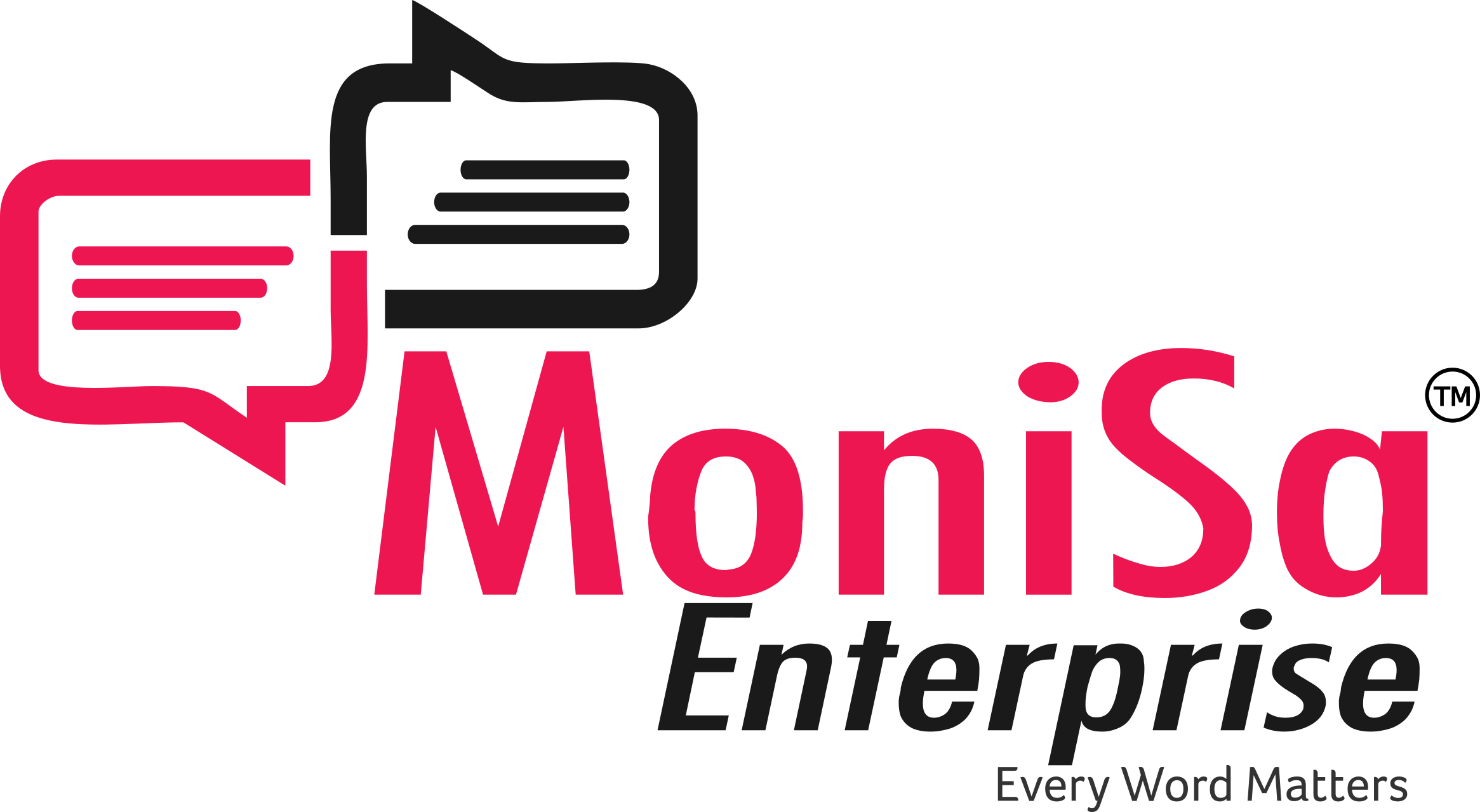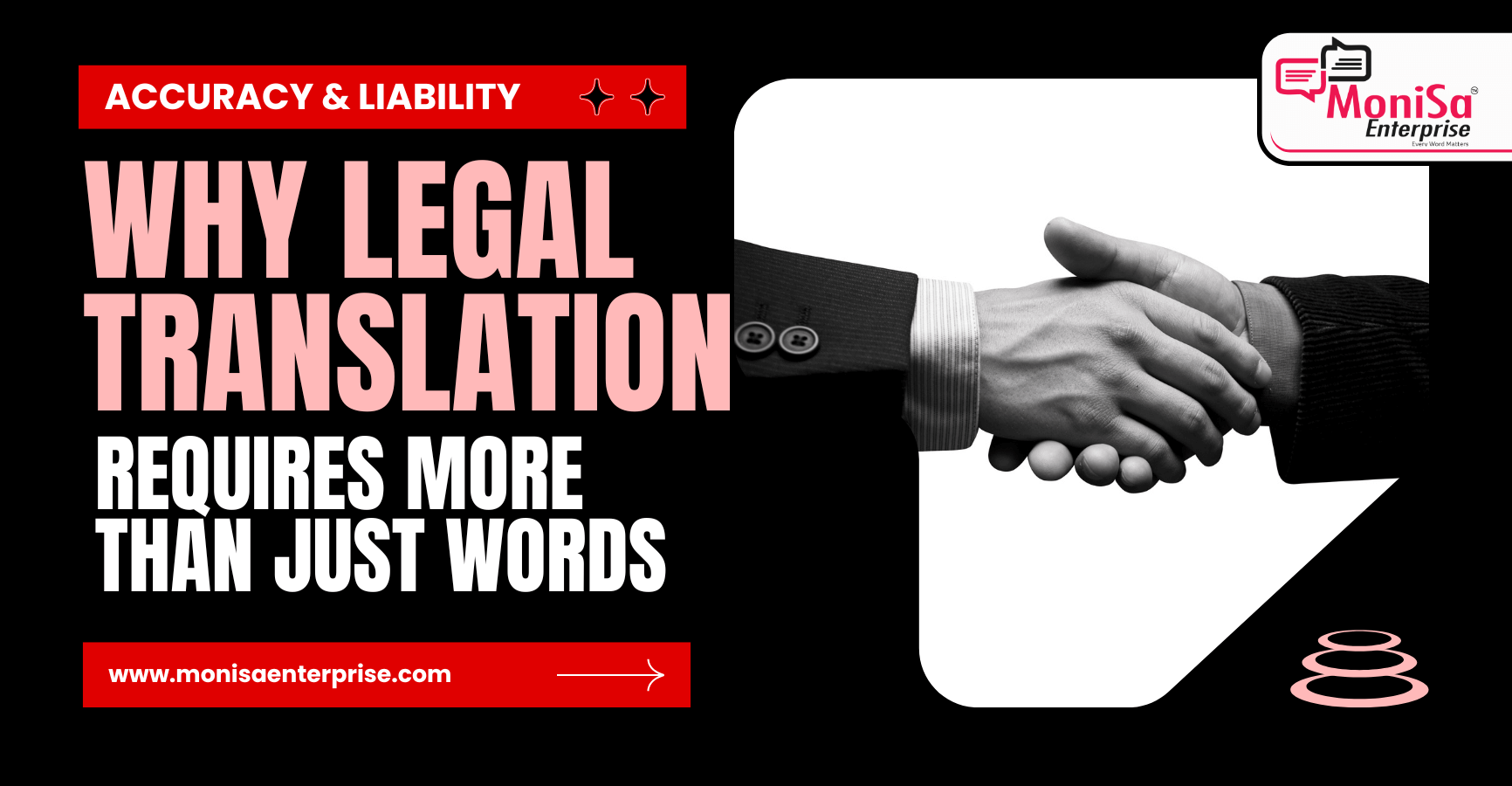Legal documents are intricate, packed with jargon, and often carry significant consequences. A single mistranslation can lead to lawsuits, financial losses, or even the nullification of entire contracts. So, how do you ensure that your legal translations are rock-solid? It all comes down to precision, expertise, and understanding that legal translation involves much more than just words.
Let’s walk through why legal translation matters, the risks of getting it wrong, and how you can protect yourself and your business from costly mistakes.
Overview of Legal Translation
Could a mistranslated legal document result in a multi-million-dollar lawsuit? Legal translation isn’t like translating everyday text. You’re dealing with complex legal jargon, precise wording, and documents that hold serious weight. These aren’t just casual letters; we’re talking about contracts, patents, regulatory filings, court documents, and more. Every word must be spot-on because, in legal matters, even the slightest error can change the meaning of a contract, a law, or a regulatory requirement.
Whether it’s translating contracts for an international business deal or legal proceedings between countries, legal translation requires a deep understanding of the law, the context in which it’s being used, and the legal systems involved. It’s not enough to know both languages—you need to know the law behind those words, too.

Importance of Accuracy in Legal Translation
The Importance of Accuracy in Legal Translation
Why is accuracy so critical? Because legal translations don’t just need to make sense—they need to be legally binding and compliant with the laws in both the original and the target country. A mistranslation in a legal document can have severe consequences, including legal disputes, regulatory penalties, or breaches of contract.
Say for instance, a single misinterpreted clause in a contract could mean millions in damages, or even the loss of intellectual property rights. It’s not just about getting the words right—it’s about getting the law right. Accuracy is non-negotiable.
Plus, legal terms often have specific meanings that don’t easily translate into other languages. A word that works in one legal system might not even exist in another, or it could have a completely different legal implication. This is why it’s so important to have translators who not only speak both languages fluently but also understand the legal context behind the documents.
Key Benefits of Professional Legal Translation
So, why should you invest in professional legal translation? Here are some key benefits:
- Risk Mitigation: Professional legal translators help you avoid costly mistakes. They ensure that every detail is captured accurately, reducing the risk of legal disputes or penalties.
- Legal Compliance: Each country has its own set of laws and regulations. Professional translators ensure that your translated documents meet the specific legal requirements of the target country.
- Consistency and Clarity: Legal documents often contain recurring terms and phrases that need to be consistently translated. A professional service ensures that terminology is uniform across all documents, avoiding any confusion.
- Confidentiality: Legal documents are often sensitive, containing personal or corporate data that needs to be kept secure. Professional translation services have protocols in place to ensure your information stays confidential.
- Expertise: A general translator might not pick up on the nuances of legal jargon, but a professional legal translator understands both the language and the law. They bring specialized knowledge that ensures every term is translated accurately.

Miscommunication Horror Stories in Legal Translation
Miscommunication Horror Stories in Legal Translation
It only takes one mistake to lead to a disaster. Here are a few cautionary tales that show just how high the stakes can be.
- The European Union Regulatory Debacle: A company translating legal documents for a regulatory filing got a key term wrong, leading to a violation of EU regulations. The result? A hefty fine and delayed market entry, costing the company millions.
- The Contract that Cost a Fortune: A business contract translated for an international deal had one critical clause mistranslated. This error changed the meaning of an intellectual property clause, leading to the loss of IP rights in the foreign market.
- Lost in Translation Between Governments: A translation error during negotiations between two governments led to a major misunderstanding that caused diplomatic tensions and delayed the agreement by months.
Each of these examples highlights the potential fallout from even the smallest mistakes in legal translation. In legal matters, there’s no room for error.
STATS: The Numbers Don’t Lie
To drive home the importance of accurate legal translation, let’s look at some statistics:
- 67% of businesses have faced significant issues due to errors in legal translations.
- Translation errors in legal documents can increase costs by 10-15% due to litigation and non-compliance penalties.
- 75% of global businesses report using professional legal translation services to prevent legal disputes and ensure compliance with local laws.
These numbers make it clear: the cost of getting legal translation wrong far outweighs the investment in doing it right.
Test Your Current Legal Translation Processes
Now, let’s talk about your current process. Are you confident that your legal documents are being translated accurately? Ask yourself:
- Who is handling your legal translations? Are they professional translators with a legal background, or are you relying on general translation services or in-house bilingual employees?
- Do you have a quality assurance process? Is there a system in place for reviewing translated documents to ensure accuracy and legal compliance?
- Are you using certified legal translators? If not, you might be exposing your company to unnecessary risks.
A quick audit of your legal translation process can reveal gaps that could lead to costly mistakes. It’s always better to find and fix those weaknesses before they become major problems.

What Sets Legal Translation Apart
What Sets Legal Translation Apart ?
Legal translation is a specialized field, and it’s set apart by the need for dual expertise: in both the language and the law. Unlike general translation, where meaning can sometimes be flexible, legal translation requires absolute precision. There are no “close enough” translations in legal documents.
What makes legal translation unique?
- Understanding of Legal Systems: Legal translators must know both the source and target legal systems intimately. The way laws are structured and interpreted varies from country to country, and these differences need to be reflected in the translation.
- Legal Jargon and Terminology: The language of the law is filled with specialized terms that don’t always have a direct translation. Legal translators need to know how to convey these terms accurately in the target language.
- Cultural and Legal Context: Laws are shaped by the culture in which they were written. A good legal translator understands the cultural context and adjusts the translation accordingly.
- Attention to Detail: In legal translation, every word matters. A good translator will pay close attention to each phrase to ensure that the document maintains its legal force in the translated version.
Conclusion: Protect Your Business with Professional Legal Translation
Legal translation is more than just finding the right words. It’s about ensuring that your documents are legally binding, compliant, and accurate in every detail. Inaccuracies can lead to serious legal and financial consequences, which is why it’s crucial to work with professional legal translators who understand both the language and the law.
So, how confident are you in your current legal translation process? If you’re unsure, it might be time for an audit. At MoniSa Enterprise, we specialize in legal translation, ensuring that your documents are translated with the precision and expertise they require.
Reach out to us today for a free consultation, and make sure your legal translations are rock-solid.


